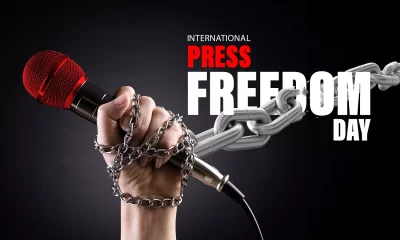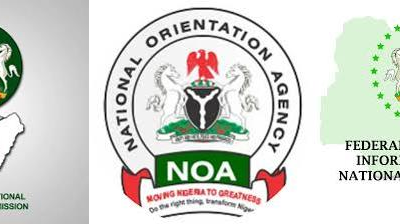The World Bank has identified several macroeconomic policy errors made by Nigeria’s fiscal and monetary authorities between 2015 and 2023, which it says contributed to pushing the nation’s inflation rate to a 28-year high.
In its latest Nigeria Development Update (NDU), the global lender emphasized that before 2015, Nigeria maintained a single-digit inflation rate comparable to other emerging economies.
However, a series of policy missteps, particularly by the Central Bank of Nigeria (CBN), drastically worsened the economic situation.
Among the key policy errors highlighted were the CBN’s “Ways and Means” financing of fiscal deficits, the extension of large credits at subsidized rates, the banning of access to foreign exchange (FX) for over 900 products, and the maintenance of an overvalued exchange rate.
These moves, according to the World Bank, subverted the core mandate of price stability, leading to the inflationary pressures seen today.
READ ALSO: Nigeria set to secure another $500m World Bank loan
The World Bank report criticized the CBN’s shift in focus from price stability to growth-oriented interventions, such as providing subsidized credit to businesses and households, and restricting access to FX for the importation of certain products.
The CBN’s heavy reliance on “Ways and Means” financing—where the apex bank lends to the government to cover fiscal deficits—was particularly damaging, leading to a significant rise in money supply and a loss of confidence in the naira.
As a result, Nigeria’s inflation rate peaked at 24.19% in June 2024, marking the highest level in 28 years and reflecting 19 consecutive months of rising inflation.
The inflation spike occurred even before the introduction of key reforms in the foreign exchange and energy sectors, further underscoring the scale of the problem.
Economic experts have voiced their concerns about the consequences of Nigeria’s past monetary policies. Dr. Ayo Teriba, a prominent economist, argued that the CBN’s policies during the tenure of former Governor Godwin Emefiele prioritized short-term growth over long-term stability.
“The CBN’s massive intervention in development financing weakened the naira and led to excessive money in circulation, which fueled inflation,” Teriba said.
Similarly, Professor Pat Utomi, an expert in political economy, stressed the importance of fiscal discipline moving forward.
“The failure to adhere to the Fiscal Responsibility Act (FRA) by borrowing trillions in ‘Ways and Means’ was reckless and unsustainable. Going forward, the federal government must focus on reforms that emphasize fiscal responsibility,” Utomi warned.
Since taking over, current CBN Governor Yemi Cardoso has rolled back many of the policies that contributed to inflation.
READ ALSO: How Nigeria ranks third largest debtor to World Bank’s IDA
His administration halted fiscal intervention financing, stating that the apex bank no longer has the capacity for such large-scale interventions. Additionally, the CBN lifted the ban on FX access for 43 products, easing import restrictions.
The most significant reform introduced by Cardoso’s team has been the unification of the multiple foreign exchange markets, which resulted in a more than 100% depreciation of the naira since June 2023.
While this move has been controversial, experts believe it was necessary to stabilize the FX market and restore confidence in the naira.
On the fiscal front, Finance Minister Wale Edun has committed to avoiding the excessive use of “Ways and Means” financing, a tool that previous administrations relied on heavily, borrowing over N22 trillion in violation of the Fiscal Responsibility Act.

 Comments and Issues1 week ago
Comments and Issues1 week ago
 Education1 week ago
Education1 week ago
 Comments and Issues1 week ago
Comments and Issues1 week ago
 Energy1 week ago
Energy1 week ago
 Comments and Issues7 days ago
Comments and Issues7 days ago
 Comments and Issues6 days ago
Comments and Issues6 days ago
 Football1 week ago
Football1 week ago
 Health6 days ago
Health6 days ago

